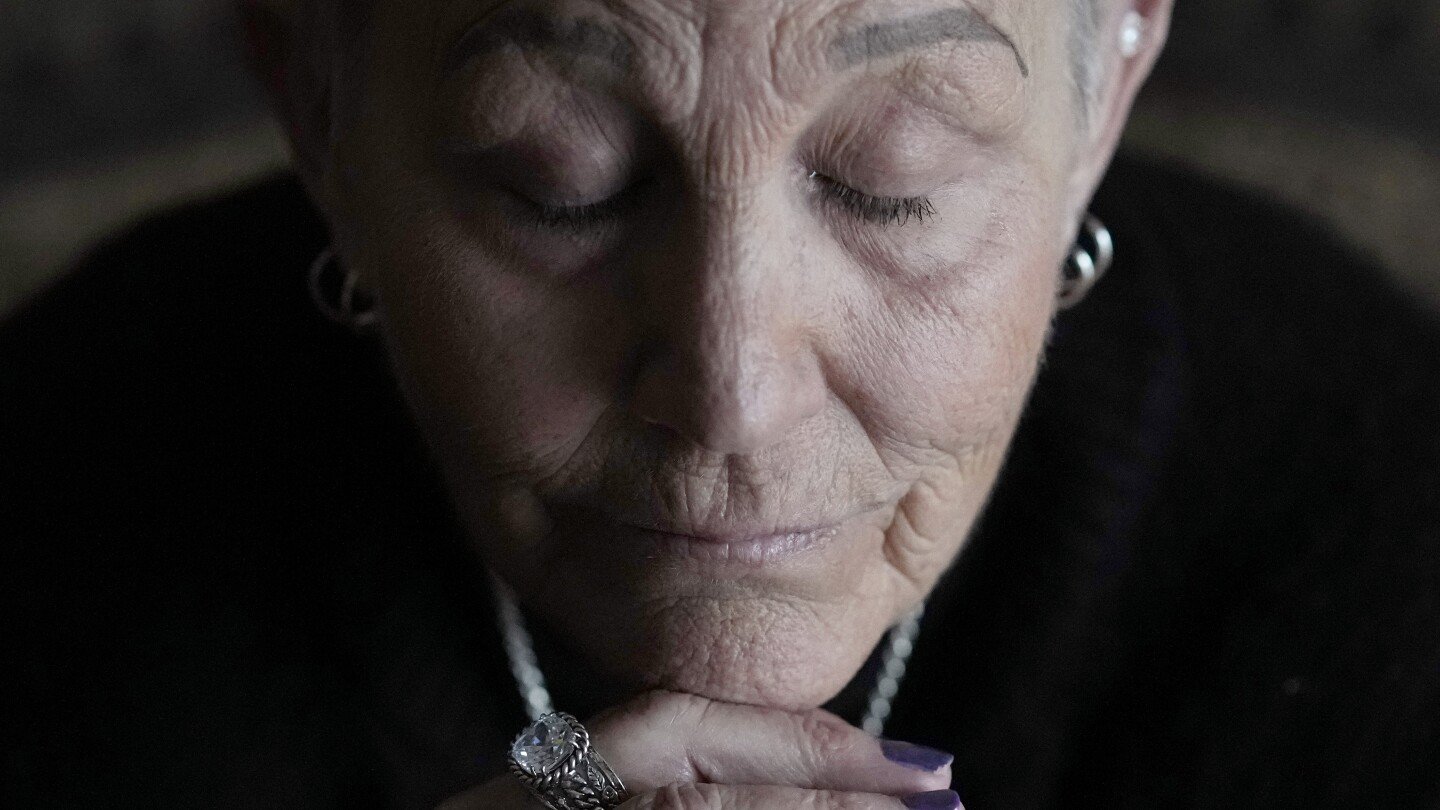On a brisk day at a restaurant outside Chicago, Deb Robertson sat with her teenage grandson to talk about her death.
She’ll probably miss his high school graduation. She declined the extended warranty on her car. Sometimes she wonders who will be at her funeral.
Those things don’t frighten her much. The 65-year-old didn’t cry when she learned two months ago that the cancerous tumors in her liver were spreading, portending a tormented death.
But later, she received a call. A bill moving through the Illinois Legislature to allow certain terminally ill patients to end their own lives with a doctor’s help had made progress.
Then she cried.
“Medical-aid in dying is not me choosing to die,” she says she told her 17-year-old grandson. “I am going to die. But it is my way of having a little bit more control over what it looks like in the end.”
That same conversation is happening beside hospital beds and around dinner tables across the country, as Americans who are nearing life’s end negotiate the terms with themselves, their families and, now, state lawmakers.



I don’t dislike vaccines though. You haven’t actually listened to anything I am saying.
I am telling you it’s not ethical to force treatment on people. You can’t make people responsible for the actions of a virus. Forcing people can only lead to violence and even more anti-vaxxers.
Vaccines alone also are not sufficient or applicable for all situations. People claiming they are aren’t listening to the experts as you put it. They are a useful tool not a perfect one.
I hate to tell you this but listening to experts isn’t enough. They have to get funding somewhere. Individual systematic biases exist. Whenever reading scientific studies you should be looking for the conflict of interest section, for peer review, as well as the reputation of the publisher and the people writing the study. You also have to consider things like sexism, rascism and ableism and how it’s affected the scientific process in the past.